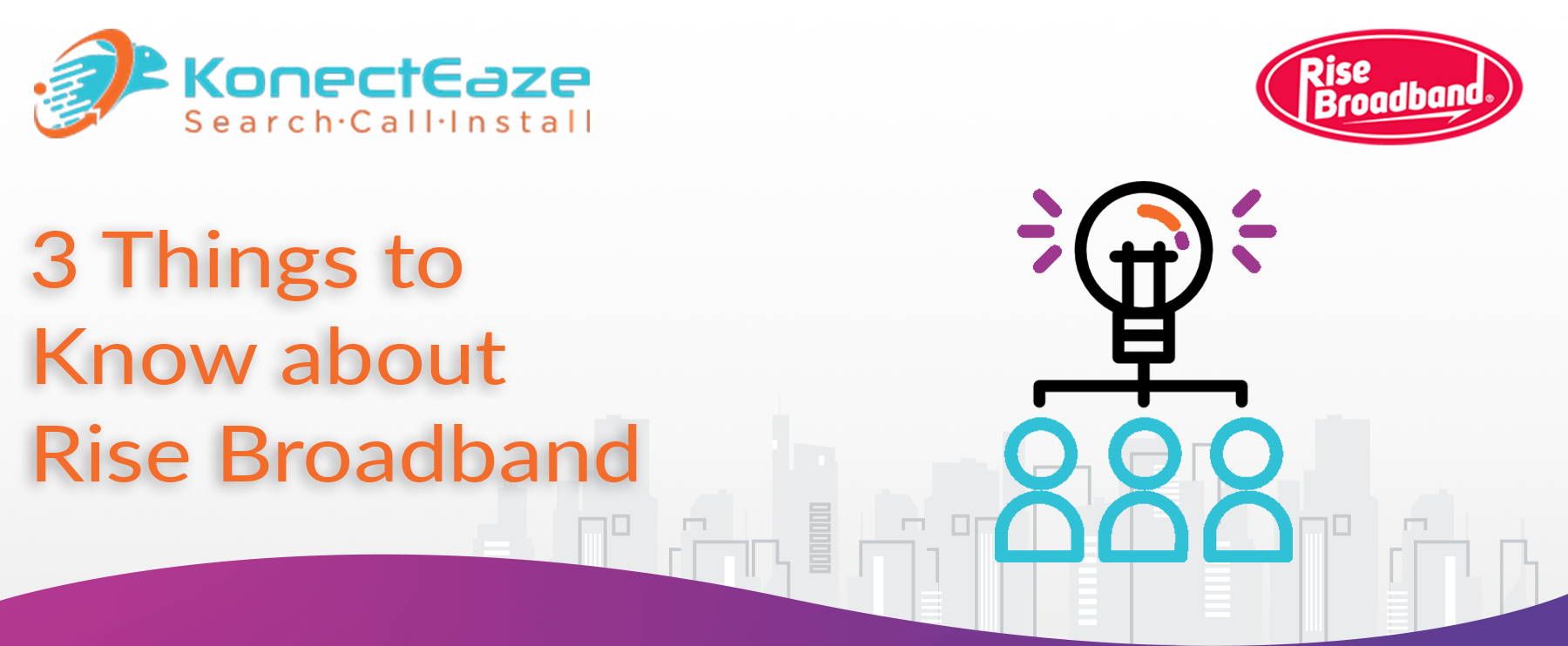Introduction
Bundling your internet, TV, and phone services isn't just a promotional gimmick—it's a smart strategy to streamline your bills, reduce overall costs, and enjoy premium benefits. According to the FCC’s National Broadband Map, more Americans than ever now have access to high-speed internet, and a substantial portion opt for bundled packages to maximize savings.
Whether you’re a cord-cutter looking for the best streaming combos or a traditional TV buff wanting to keep cable channels, bundles can adapt to fit your lifestyle. Below, we’ll detail why 2025 is an excellent year to embrace service bundles and how to secure the very best offers.
What Is Bundling?
Bundling refers to purchasing multiple services—often internet, TV, and phone—from the same provider under a single contract. Instead of juggling separate bills and dealing with different support lines, you pay one monthly fee for multiple services. Bonus: Many providers throw in extras like upgraded internet speeds or premium channels as an incentive.
Want to dive deeper into the pros and cons of bundling? Check out our dedicated post: Top 3 Reasons to Bundle Internet for a quick breakdown of the main advantages.
Why Bundle Internet, TV, and Phone?
1. Streamlined Convenience
Instead of tracking separate payment due dates and navigating multiple customer service portals, bundled plans unify your billing. One provider, one point of contact, one monthly statement—it's that simple.
2. Significant Cost Savings
Bundling typically leads to lower monthly costs compared to buying standalone internet, TV, and phone services. Depending on the plan, households can save anywhere from 10-30% per month. Interested in comparing prices further? Visit Internet & Cable Bundles to see side-by-side comparisons from top providers.
3. Extra Perks & Promotions
Many bundles offer free premium channel trials, faster internet speeds, or no-cost modem rentals. Read about the newest bundle deals in The Modern Internet Bundle: Right at Your Fingertips .
4. One-Stop Customer Service
No more spending hours bouncing between different hotlines. If your phone, internet, or TV runs into issues, you’ll have a single support team to handle everything. This often translates to quicker resolutions and a less stressful experience overall.
Latest Research & Local Resources
In 2025, industry reports from the Federal Communications Commission (FCC) show that bundled services are a key driver in expanding broadband adoption across the country. Local city governments, such as San Antonio’s Official Website, often list broadband provider options to help residents find the best deals.
If you’re unsure of which providers operate in your area, check out FCC’s National Broadband Map or your city’s official website for localized internet initiatives. Also, consider third-party resources like BroadbandNow for detailed coverage maps and speed test data.
Compare Popular Bundle Deals
Below are some of the leading providers offering internet, TV, and phone bundles. For more options, check out The Benefits of Choosing a Bundle Offer or The Cable-Sized Question: A Bundle or an Internet-Only Service? .
| Provider | Bundle Features | Starting Price | Best For |
|---|---|---|---|
| Spectrum | Internet + TV + Free Modem | $89.99/mo | Households streaming and using live TV |
| AT&T | Internet + TV + HBO | $94.99/mo | Entertainment enthusiasts |
| Xfinity (Comcast) | Internet + Phone + TV | $99.99/mo | All-in-one budget solution |
| Verizon | Fiber Internet + Phone + TV | $109.99/mo | Fiber reliability & high speeds |
| Kinetic by Windstream | High-Speed DSL + TV + Phone | $79.99/mo | Rural or suburban customers |
Tips & Tricks to Maximize Your Savings
1. Shop & Compare
Use resources like KonectEaze’s Bundle Comparison to find providers in your area. Don't jump at the first deal; always check multiple providers.
2. Negotiate & Re-Negotiate
Providers often have hidden promotions. If you’ve found a cheaper rate elsewhere, ask your current company to match or beat it.
3. Consider Contract Length
Some deals lock you in for a year or two. Make sure early termination fees won’t overshadow your potential savings.
4. Assess Your Actual Needs
Do you really need landline phone service? Can you live without premium channels? Tailor your bundle to avoid paying for extras you won’t use.
5. Look for Seasonal Deals
Black Friday, holiday promotions, or back-to-school sales may include waived installation fees, gift cards, or free channel add-ons.
6. Bundle with Loyalty
If you’re already an internet subscriber with a provider, see if they’ll offer discounts for adding TV or phone. Loyalty pays off!
Frequently Asked Questions
- Is bundling always cheaper?
- Typically, yes. But the value depends on how many services you actually use. If you won’t use the phone line or TV channels, a smaller plan or standalone internet might be more cost-effective.
- Can I customize a bundle?
- Most providers allow some customization—like picking internet speeds or channel packages. Check the fine print to ensure flexibility.
- Are there data caps?
- This varies by provider. Some offer unlimited data, others have caps with potential overage fees. Make sure to confirm before committing.
Pros & Cons
Pros:
- Lower monthly costs and exclusive promotions
- Streamlined billing and customer service
- Access to premium perks (faster speeds, special channels)
Cons:
- Potential overpayment if you don’t need all the services
- Early termination fees for canceling part of the bundle
- Possible service disruptions affecting all bundled services at once
Ready to Start Saving?
Don’t wait to experience the convenience and cost savings of bundling. Check Bundle Deals Near You




